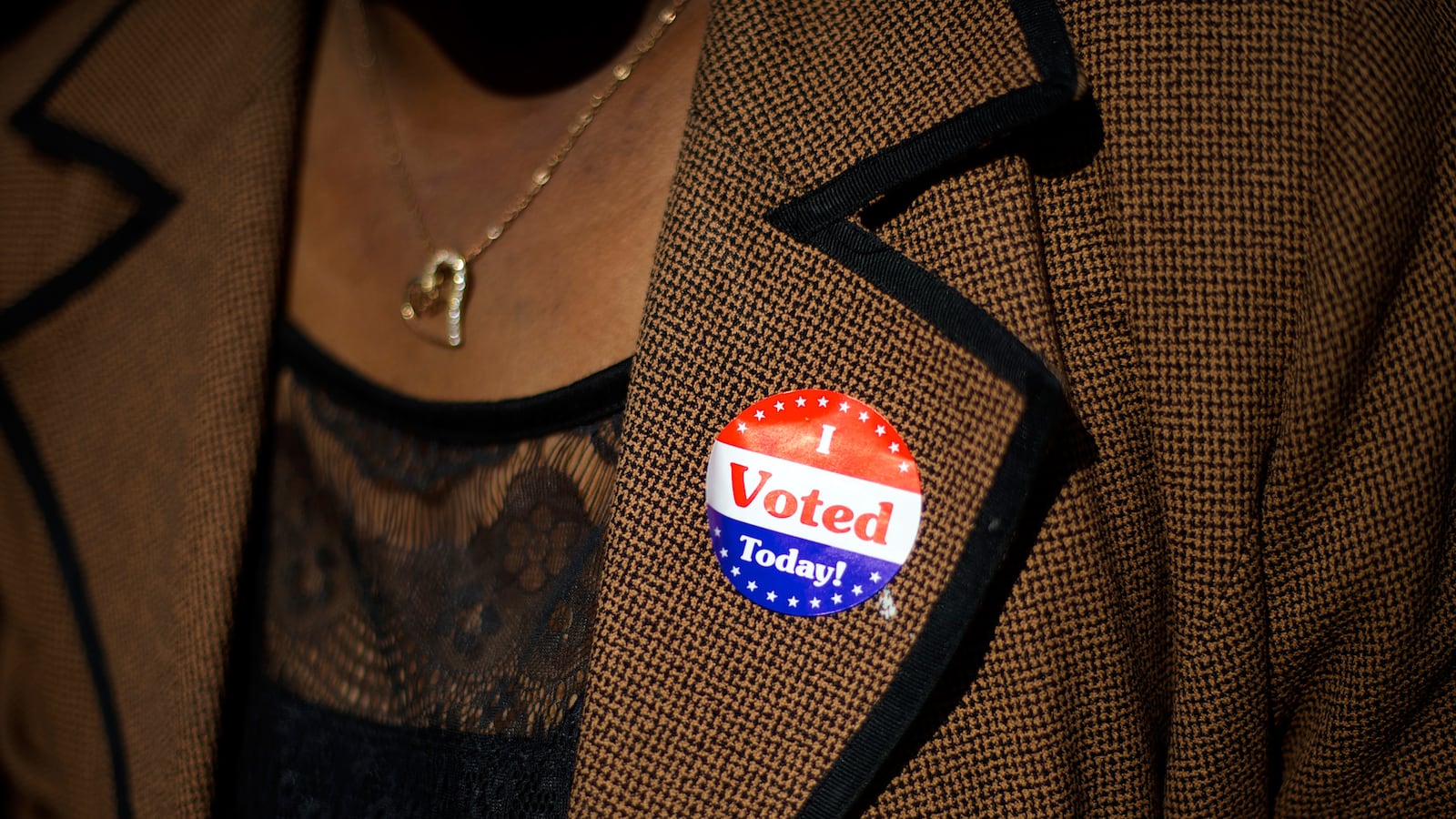For the first time in our history, according to the Census Bureau, blacks are now voting at a higher rate than whites. Roughly two out of three eligible blacks voted in the 2012 election, which is a greater percentage than the number of non-Hispanic whites who turned out to the polls. And while the presence of President Barack Obama on the ballot for re-election almost certainly drove up turnout, blacks are still the only ethnic group to show a significant increase in voting from 2008 to 2012.
Nowhere is this trend more noteworthy than in the South where, as Nate Cohn recently argued in The New York Times, black voters may decide who controls the Senate next year. “If Democrats win the South and hold the Senate,” he wrote, “they will do so because of Southern black voters.”
Fifty years after the Freedom Summer, the expanding political clout of black voters in the South is welcome news. Now we need to see the power of the black vote expand nationwide, which will only happen when Republicans and Democrats alike are forced to fight for their support.
Given that roughly 90 percent of blacks are committed supporters of the Democratic Party, I suspect they will take this voting bloc for granted by promising more government support and handouts—belittling blacks by assuming that a majority of us are interested in “free” stuff from the government. I also assume that they’ll continue pushing the canard that the Republican push for voter ID laws is an attempt to disenfranchise black voters. This is despite the fact that black turnout actually increased last cycle in Georgia and Indiana, two states with some of the toughest voter ID laws.
So what will the Republicans do, and will they find a way to make significant inroads with communities of color?
I believe Senator Thad Cochran’s re-election should give Republicans around the country insight on how to effectively bring black voters to the polls. Cochran’s strong showing in the black community is the only thing that kept him from losing to Tea Party challenger Chris McDaniel. This happened because Cochran did what many Republicans seem reluctant to do: Ask for the support of black voters, and make a real, substantive argument for that support.
Republicans need a positive message for people of color, and they need to state that message clearly, and with conviction. Senator Rand Paul is already making this kind of aggressive pitch to black voters, and I hope that other national Republican figures will follow suit.
The GOP insists that they’re catching on and trying to attract the increasingly active black vote. “We’re taking a number of steps at the Republican National Committee to have a meaningful presence in black communities across the country,” Orlando Watson, a Republican National Committee spokesman, told The Daily Beast. “North and South. East and West. Everywhere we go, we’re listening to black voters, sharing our vision of a better country and building bridges.”
Perhaps most importantly, Republicans need to expand who they are talking to in communities of color. Cozying up to the NAACP or church ministers isn’t going to cut it anymore. My friend Marc Morial, president and CEO of the Urban League, has been diligent about bringing Republicans to his organization’s meetings and conventions.
Two years ago I went down to speak at the Urban League’s annual convention in New Orleans and was met with a few jeers and whistles during my remarks as to why blacks should give the Republican Party a chance. But as soon as my speech was over, I can’t tell you the number of people who approached me to thank me for coming and sharing my views.
Many said they agreed with much of what I said, but felt it would be improper to support Republicans because the GOP often acts like wooing black voters is a waste of time. If Republicans don’t roll up their sleeves, develop a pitch, and ask blacks to support them, they have only themselves to blame if black voters stay firmly in the Democratic camp.
Blacks are voting in greater and stronger numbers than ever before, and it’s time both parties woke up and started competing for their loyalty in earnest. Given that blacks comprise only 13 percent of the American population yet continue to flex their muscle when it comes to voter turnout, candidates from both political parties would be wise to seek support of blacks at the polls.
With one party taking blacks for granted and the other trying to gain traction with black voters, it will be interesting to see what their politicians do to tap into this reenergized voter demographic. Let’s hope Republicans and Democrats focus on the important issues facing communities of color, rather than attacking or demonizing their opponents by using race as a wedge issue.






